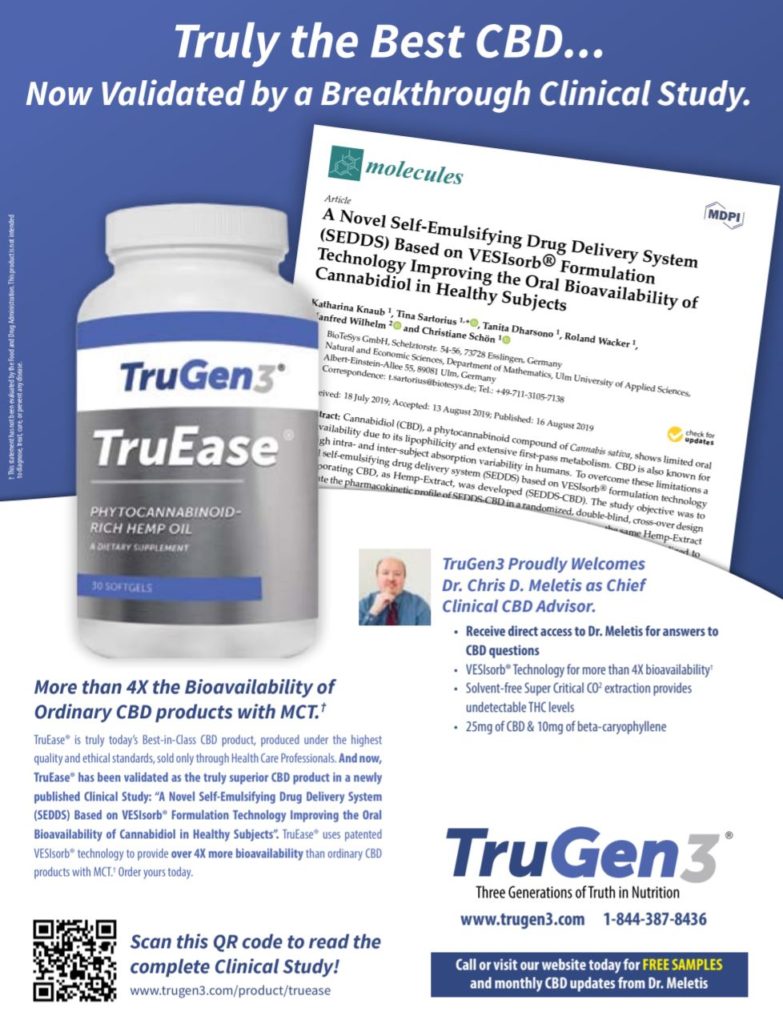This article was originally published
in Global Journal of Otolaryngology (May 7, 2020)
By Anita Vazquez Tibau and Blanche D Grube
The controversy between pharmaceutical drugs and supplements is ever present in global society, especially now in the media during the current COVID-19 virus. One of the most important, yet, provocative supplements is vitamin C. While historically, its positive benefits have long been known, during the last decades the push for pharmaceutical drugs instead of supplements like vitamin C has created a heated debate against this and other very affordable supplements. The majority of primates, including humans and guinea pigs, as well as some birds and fish do not make vitamin C; however, most mammals are able to synthesize it in their liver or kidneys. The result of this genetic mutation in humans, therefore, requires vitamin C to be consumed through dietary sources. Clinical studies indicate that vitamin C neither increases nor reduces the occurrence of kidney stones; it also has no mutagenic effect with up to 5000 mg per day.1
During the era that was known as the Age of Sail, vitamin C deficiency was recognized and referred to as “scurvy,” a disease that was an extremely common affliction amongst sailors. The major signs of scurvy included swollen and bleeding gums, tooth loss, and delays in wound healing. Scurvy was the leading cause of death to sailors during the 16th to 18th centuries.2 Even though scurvy was referenced in the late 1400s, it has taken hundreds of years to fully understand the importance of vitamin C and its necessary and positive impact on human health. In more recent times there have been notable figures who advanced the scientific knowledge of vitamin C. One such person was Albert Szent-Gyorgyi, a Nobel Prize winner for his work in physiology and medicine, who isolated vitamin C in 1928, which subsequently led to the treatment and prevention of scurvy.3
Decades later, two-time Nobel Prize winner, Dr. Linus Pauling, an American theoretical physical chemist, was the only person to have ever won two unshared Nobel Prizes. His first prize (1954) was awarded for research into the nature of the chemical bond and its use in elucidating molecular structure; the second (1962) recognized his efforts to ban the testing of nuclear weapons. His contributions to science and humanity earned him the title of one of the 20 greatest scientists of all time, by New Scientist, and the 16th most important scientist in history. Later in his career, Pauling became interested in “orthomolecular” medicine, a term he coined, and defined as medicine that treats and prevents diseases by utilizing optimal amounts of substances natural to the body. He developed a keen interest in vitamin C, researched, and published the best seller, Vitamin C and the Common Cold (1970), which introduced taking megadoses of vitamin C to help fight the common cold and other diseases.4
A scientific paper titled “Supplemental ascorbate in the supportive treatment of cancer: Prolongation of survival times in terminal human cancer* (vitamin C)” by Cameron and Pauling (1976) found that cancer patients were considerably deficient in ascorbic acid. Their clinical study presented 100 terminally ill cancer patients who were given ascorbate as part of their treatment protocol. The controls consisted of 1000 similarly treated patients, who did not receive ascorbate in their protocol. The patients who were on ascorbate survived more than 4.2 times longer, than the controls. They noted that this simple and safe treatment was of great value to terminally ill cancer patients.5 Intravenous (IV) vitamin C has been used in various therapeutic protocols to treat cancer since the 1970s. As Pauling had discovered, those whose cancers were most destructive were also most deficient in vitamin C. Current clinical trials are showing that vitamin C reduces the negative effects of chemotherapy. When megadoses of vitamin C in addition to anticancer therapies are used, tumor growth is inhibited in models of pancreatic, liver, prostate, ovarian cancer, sarcoma and malignant mesothelioma. It was observed that vitamin C provides valuable positive effects through more than one mechanism, some are linked to the metabolism of transformed cells, and others may involve direct interactions with specific drugs.6

Harris et al investigated the survival among women with breast cancer, the most commonly diagnosed cancer of women globally. They found that various supplementation is widespread amongst breast cancer survivors, with vitamin C being the most frequently consumed. In their meta-analysis, they observed that the consumption of vitamin C had a statistically significant correlation with a decreased risk of total death and breast cancer-specific death.7 A study by Lv et al. examined the effects of vitamin C on hepatocellular carcinoma (HCC) and liver cancer cells in 613 HCC patients, who had liver resection as their first treatment. In vitro and in vivo experiments revealed that clinically achievable concentrations of vitamin C provoked cell death in liver cancer cells and preferentially destroyed liver cancer stem cells. Therefore, this evidenced based study supports vitamin C as a novel therapy for HCC treatment.8 The side effects caused by conventional treatments for cancers such as surgery, chemotherapy, and radiation can in themselves be devastating to the patient. More recently, research is focusing on cancer stem cells and how they impact the beginning of tumors, progression, metastasis, drug resistance, and recurring disease. Traditional cancer treatments are shown to fail when cancer stem cells are not targeted, but also show the toxic effects to normal cells caused by those treatments. Ascorbic acid/vitamin C is a powerful antioxidant, is a cofactor for several biosynthetic and gene regulatory enzymes and is critical for a healthy immune system. Studies are showing that using a combination therapy that includes vitamin C should be utilized in cancer treatment plans.9






